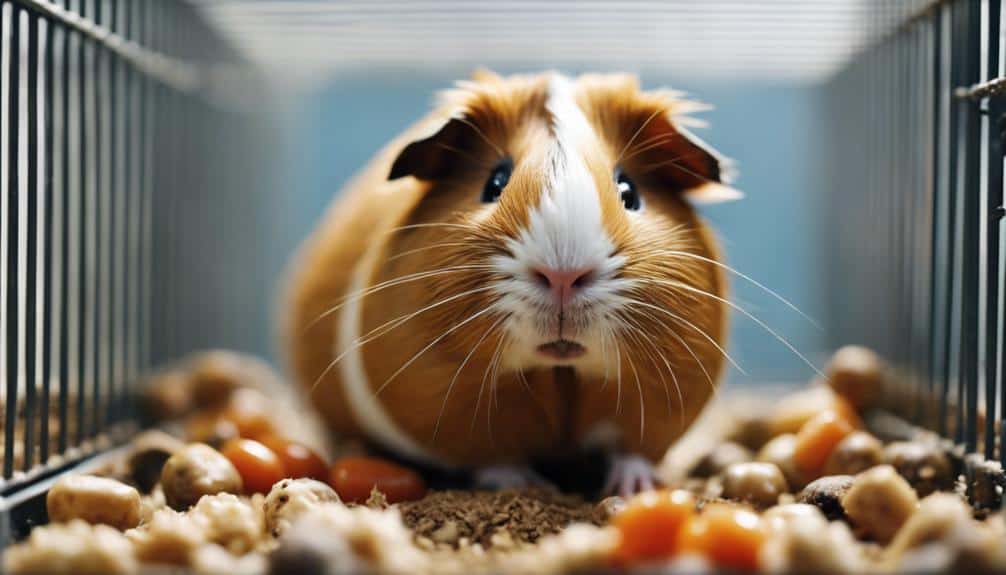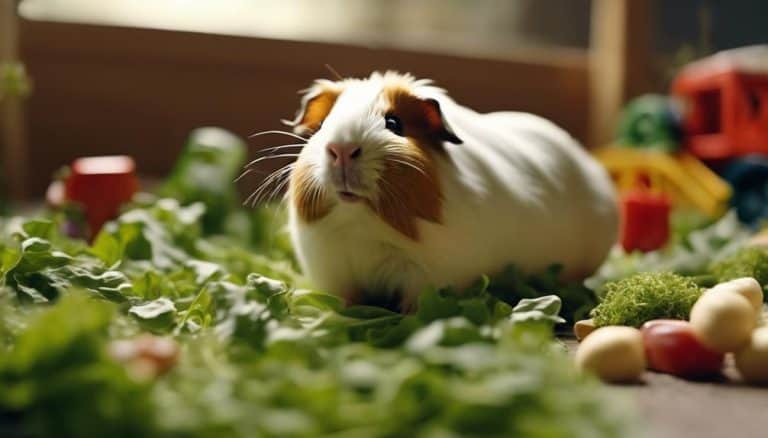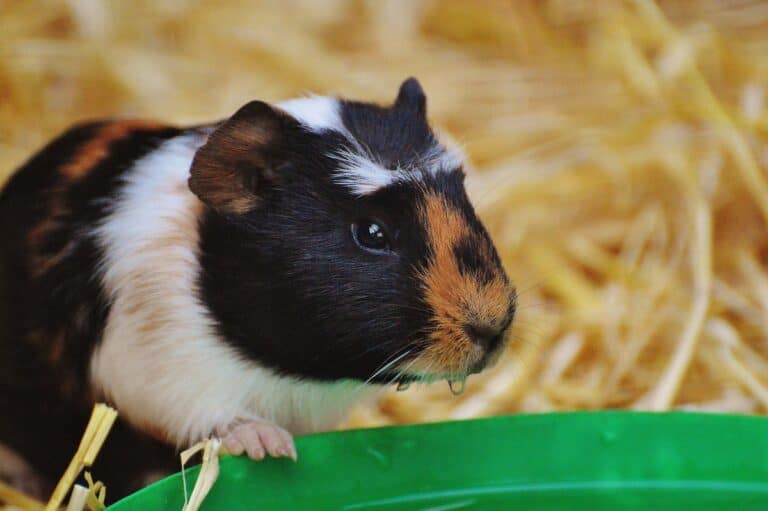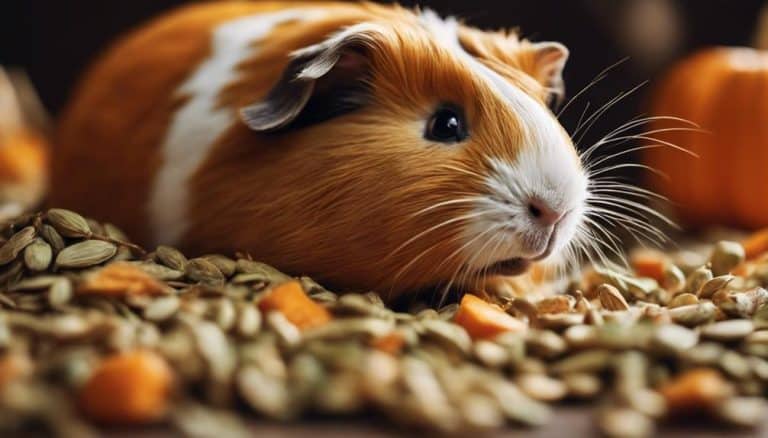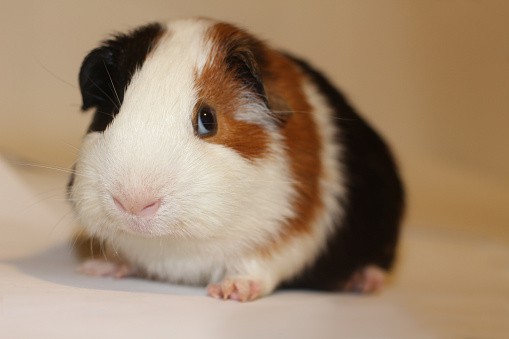How Guinea Pigs Do Eat Their Poop: A Complete Guide
As we explore the peculiar yet essential behavior of guinea pigs consuming their own feces, it becomes apparent that there is a method to their madness.
Have you ever pondered why guinea pigs partake in such an act?
The intricate relationship between these furry creatures and their poop may surprise you.
Stay tuned to uncover the fascinating reasons behind this unique behavior and how it contributes to the well-being of our beloved guinea pigs.
Understanding Guinea Pig Poop Types
When examining guinea pig poop types, it’s important to differentiate between the dry, hard pellets and the nutrient-rich cecal pellets they produce. Guinea pigs have a unique digestive system that requires them to produce two distinct types of feces.
The dry, hard pellets are the more common type that people recognize, while the cecal pellets, which are softer and moister, are often consumed directly by the guinea pig. These cecal pellets contain essential nutrients that are essential for the guinea pig’s overall health and well-being.
Understanding the nuances of these poop types is important for maintaining the digestive health of guinea pigs. By eating their cecal pellets, guinea pigs are able to extract maximum nutrients from their food, ensuring they receive all the essential vitamins and minerals necessary for their growth and development.
If there are any concerns about the types of poop a guinea pig is producing, it’s advisable to seek vet consultation to address any potential digestive issues promptly.
Importance of Poop Eating for Guinea Pigs
Consuming their cecal pellets is an important behavior for guinea pigs to guarantee top nutrient absorption and overall health. Guinea pigs eat their poop as a way of re-ingesting essential nutrients like vitamin B and vitamin K. This process aids in maximizing the efficiency of nutrient absorption in their digestive system. Without this behavior, guinea pigs may suffer from nutritional deficiencies, impacting their overall well-being. Coprophagia, the act of eating their feces, is a normal guinea pig behavior and plays an essential role in maintaining a healthy guinea pig.
Understanding the importance of poop eating for guinea pigs is key for ensuring their best health. By allowing guinea pigs to engage in this behavior, owners are supporting their pets’ natural dietary needs and digestive processes. Providing a suitable environment where guinea pigs can exhibit normal behaviors like poop-eating is essential for their physical and physiological health. Guinea pigs eat their poop as part of their natural digestive process to extract all the necessary nutrients from their food, highlighting the significance of this behavior for a healthy guinea pig.
Normal Vs. Problematic Guinea Pig Poop
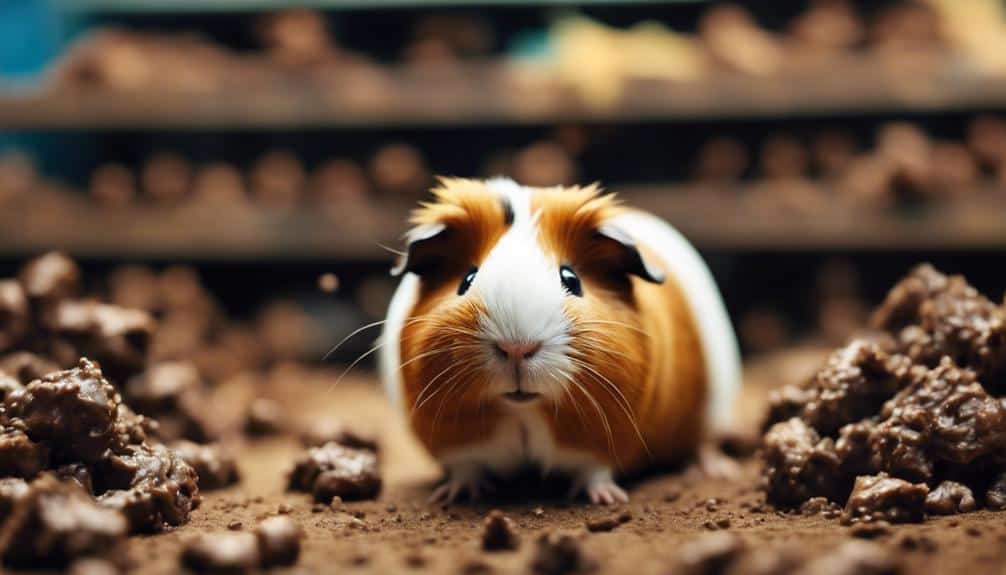
Evaluating guinea pig feces is important in distinguishing between normal and problematic poop characteristics. Guinea pigs produce two main types of poop: the typical dry, hard pellets and the special kind of poop known as caecotrophs. Caecotrophs are essential for guinea pigs as they contain essential nutrients like Vitamin C, proteins, and good bacteria necessary for their health. Not eating caecotrophs can lead to malnourishment and digestive problems due to the imbalance in gut flora.
When monitoring guinea pig poop, it’s critical to observe the presence of both types. Normal guinea pig poop looks like small, oval-shaped pellets, while caecotrophs appear moist and squishy. Any deviation from this norm, such as diarrhea or a lack of caecotrophs, could indicate underlying health issues like gastric stasis. Regularly checking and ensuring your guinea pig is consuming their caecotrophs is crucial for maintaining their gut health and overall well-being.
Tips for Maintaining Guinea Pig Gut Health
What dietary elements are essential for maintaining excellent gut health in guinea pigs? To guarantee excellent gut health in guinea pigs, it’s vital to provide a balanced diet that supports their digestive system. Here are some tips for maintaining guinea pig gut health:
- Fiber: Include a diet rich in digestible fibers to promote healthy digestion in guinea pigs.
- Vitamin C: Make sure your guinea pigs receive an adequate amount of Vitamin C, as they can’t produce it on their own and need it for overall health, including gut function.
- Prebiotics and Probiotics: Incorporate prebiotics and probiotics into their diet to maintain a healthy balance of gut flora, aiding in digestion.
- Hydration: Ensure your guinea pigs have constant access to fresh drinking water to support their digestive processes.
- Avoid Harmful Foods: Stay away from feeding harmful foods like junk food, caffeine, and sugary or fatty foods to protect their gut health and overall well-being.
Signs to Watch for in Guinea Pig Poop
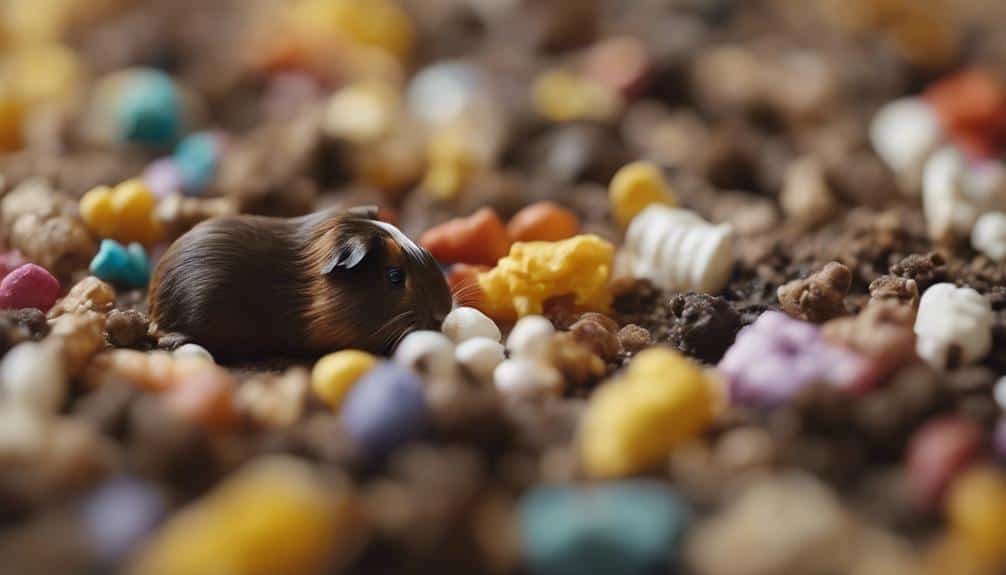
Monitoring guinea pig poop is essential to assess their digestive health and overall well-being. Normal guinea pig poop should be medium-dark brown in color. Changes in consistency, such as soft or runny poop, can indicate health issues and should be closely guaranteed.
It’s important to observe the size of the poop to guarantee it aligns with the amount of food the guinea pig is eating. Unusual odors in guinea pig poop, particularly strong smells, might suggest underlying problems that require attention.
Additionally, the shape of the poop is a significant indicator of health; it should be cylindrical and uniform for a healthy guinea pig. By paying attention to the color, consistency, size, odor, and shape of your guinea pig’s poop, you can promptly detect any abnormalities and take appropriate steps to maintain their well-being.
Conclusion
In summary, understanding how guinea pigs eat their poop is essential for their well-being.
By recognizing the different types of poop, the importance of poop consumption, and how to maintain gut health, we can guarantee our furry friends stay healthy and happy.
Monitoring poop characteristics and being aware of any changes can help us catch any potential issues early on.
Remember, healthy poop means a healthy guinea pig!

